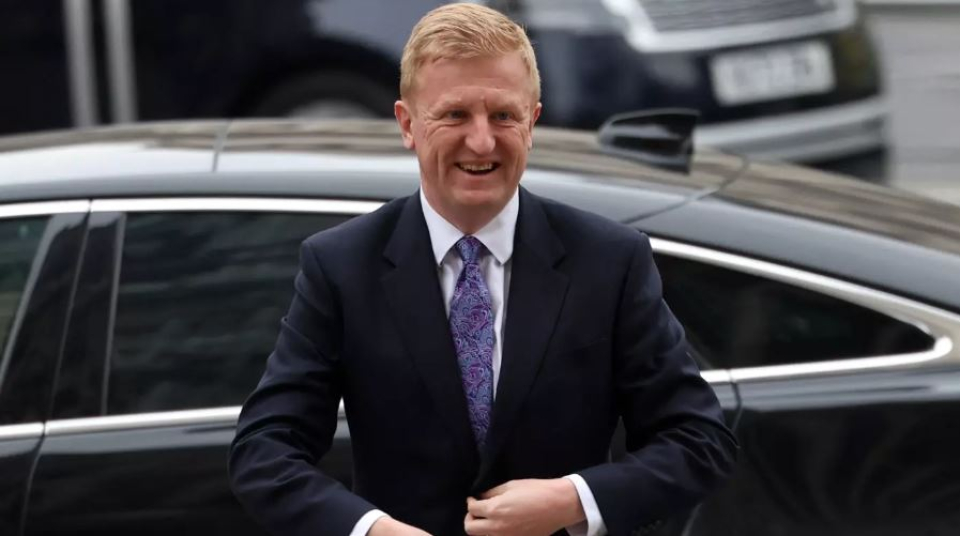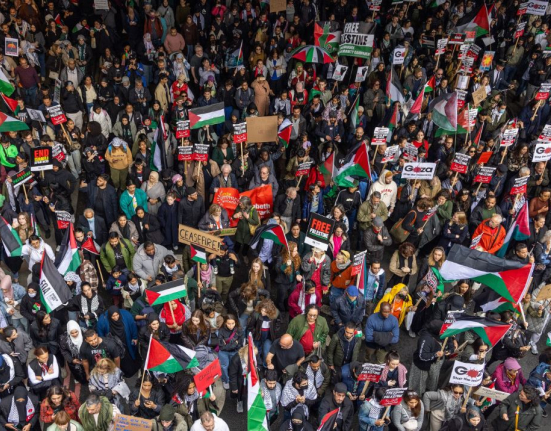Last week, the UK's Deputy Prime Minister, Oliver Dowden, made a covert visit to the United Arab Emirates (UAE) in an effort to repair strained relations between the two nations. This trip, reported by the Financial Times, came ahead of Dowden’s participation in an official delegation to Saudi Arabia.
The visit took place against a backdrop of anger in Abu Dhabi over British parliamentarians' opposition to a proposed UAE-backed acquisition of The Telegraph newspaper. The UAE-backed fund, RedBird IMI, aimed to acquire the Telegraph by settling approximately £1.2 billion ($1.53 billion) in debts owed by the Barclay family, the newspaper's controllers, to Lloyds Bank. This deal would have effectively transferred full ownership of the Telegraph, valued at £600 million, to the Emirati fund.
However, the proposal faced significant resistance from over 100 UK lawmakers and former cabinet ministers, who deemed it a "dangerous Rubicon." The backlash led to the introduction of legislation in the UK parliament banning foreign states from owning newspapers and news magazines, ultimately derailing the takeover.
Abu Dhabi officials were reportedly taken aback by the prioritization of UK domestic politics over what the UAE considered a vital strategic relationship. Sources close to the discussions indicated that Emirati officials felt their country had become a "punching bag" for British politicians seeking to bolster their domestic image.
UK Business Secretary Kemi Badenoch acknowledged the issue, stating that politicians were "often careless about how they speak about other countries" and highlighted the need for more diplomatic conduct.
The strained relations were further exacerbated last month when the UAE canceled several meetings with UK ministers. This action followed accusations by the UK at a United Nations Security Council meeting that the UAE was supporting the Rapid Support Forces (RSF) paramilitary group in Sudan's civil war, a charge Abu Dhabi has denied.
In April, during a Security Council session requested by the UK, Sudan's representative accused the UAE of backing the RSF. In response, four UK ministerial meetings were canceled by the Emiratis, who were reportedly upset by the lack of British support during the UN session.
Middle East Eye (MEE) has documented the network of supply lines from the UAE to the RSF through allied groups and governments in Libya, Chad, and the Central African Republic, further complicating the diplomatic landscape.
Dowden's visit aimed to address these multifaceted tensions and reestablish the importance of the strategic relationship between the UK and the UAE.

















